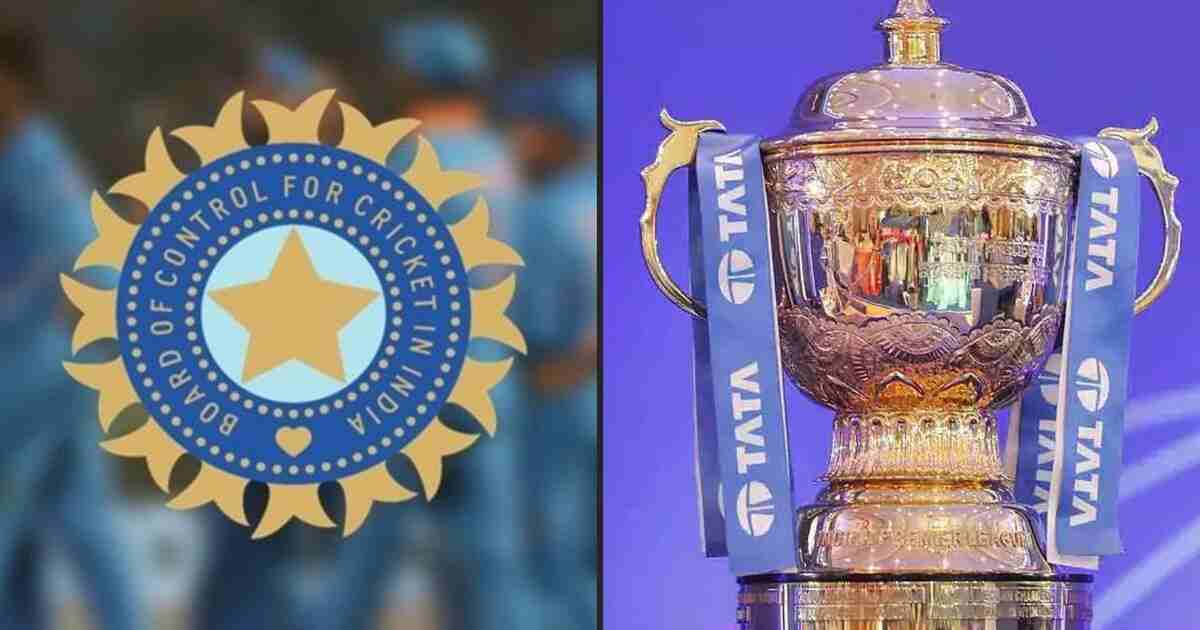IPL Contributes ₹5,761 Crore to BCCI’s 2023-24 Revenue – Is domestic cricket next for commercial expansion?

The Board of Control for Cricket in India (BCCI) recently reported a record income of Rs 9,741.7 crore in the financial year 2023–24. Out of this, the IPL alone contributed nearly Rs 5,761 crore, about 60 per cent of the total. In short, the IPL is not just a cricket festival, it’s the engine driving BCCI’s economic dominance.
Even outside the IPL, the board continues to earn from media rights and newer ventures like the Women’s Premier League (WPL), which are growing in popularity. BCCI’s total reserves now stand at around Rs 30,000 crore, and it earns about Rs 1,000 crore every year just from interest. That’s more than the entire annual income of many other boards!
IPL: The game changer
Back in 2008, when the Indian Premier League (IPL) began, few could have imagined it would go on to change cricket forever. But today, it’s clear: the IPL is a business empire. The fast-paced format, mix of global cricket stars, celebrity team owners, colourful cheerleaders, and city-based rivalries instantly caught the public’s attention. Within years, it grew into the richest and most powerful cricket league in the world.
The influence of IPL didn’t stay within India. Franchise owners like Mumbai Indians, Sunrisers Hyderabad, and Delhi Capitals have expanded into overseas leagues, such as England’s The Hundred, buying stakes in teams there. This shows how the IPL has shaped not just Indian cricket but the global cricket economy too.
Read More: All you need to know about BCCI’s new Centre of Excellence
BCCI vs the rest
To understand how far ahead BCCI is, just compare it to other cricket boards. The England and Wales Cricket Board (ECB) earns around Rs 3,000 crore a year, and Cricket Australia makes close to Rs 2,200 crore. In contrast, BCCI’s Rs 9,741 crore in 2023–24 is more than three times these figures.
Even globally, the only sports leagues that rival BCCI in terms of financial clout are American giants like the NFL (National Football League) and NBA (National Basketball Association). BCCI has not just become a cricketing powerhouse, but it is now a major global player in sports business.
India’s cricketing rise
India’s rise in the cricket world has been symbolic. A game once taught to Indians by British colonisers is now dominated by the same country that once stood at the sidelines. In fact, Indian companies now own teams in England’s leagues and drive global sponsorship deals. It’s a reversal of power. India has gone from being cricket’s follower to its leader.
The 1983 World Cup victory was the start, but the IPL era has taken Indian cricket to another level. The BCCI’s success is not just about money; it represents how India has reclaimed the sport and reshaped it.
Beyond IPL: Can domestic tournaments be commercialised?
While IPL is the crown jewel, many believe BCCI can do much more with its other tournaments. Competitions like the Ranji Trophy, Duleep Trophy, or Vijay Hazare Trophy have rich history and talent but get little attention. Experts believe BCCI can unlock huge value by making these tournaments more viewer-friendly and marketable.
“BCCI has the potential to commercialise traditional domestic formats to boost non-IPL revenue. With Rs 30,000 crore in reserves and growing fan engagement, these tournaments can bring in 10–12% growth annually through sponsorships, streaming rights, and ticket sales,” Sandeep Goyal, Chief of Rediffusion, was quoted by Sportstar as saying.
While the Women’s Premier League is already gaining momentum, expanding media coverage and commercial models to domestic men’s cricket could bring in new audiences and revenue streams. Imagine regional leagues with team merchandise, dedicated fan bases, and professional-level broadcasts; it’s not far-fetched in the BCCI’s current position.
With the success of IPL as a blueprint and the financial muscle to invest, India could soon lead another cricketing revolution, this time, within its own backyard.
Read More: Challenges Jay Shah needs to address as ICC chairperson